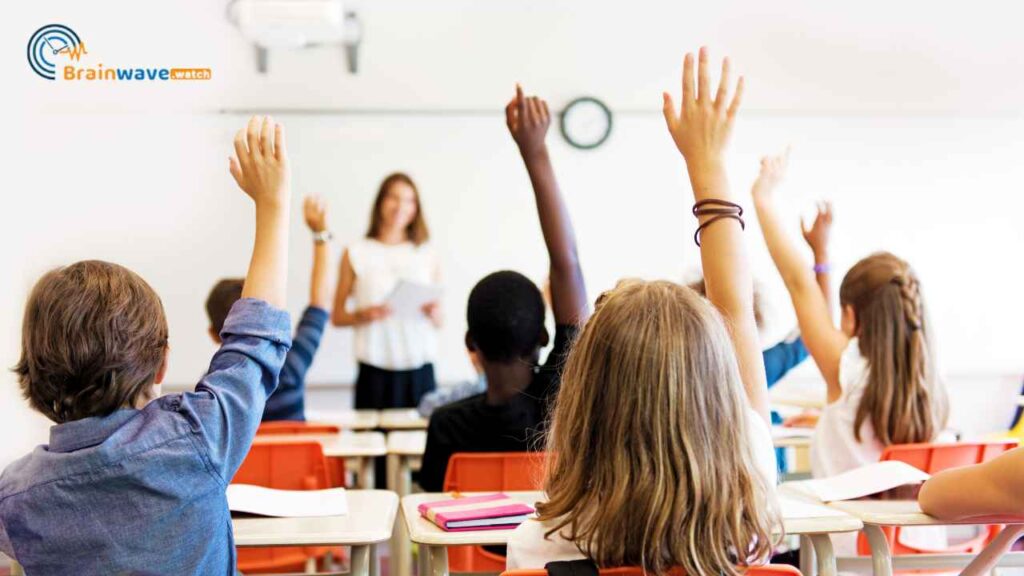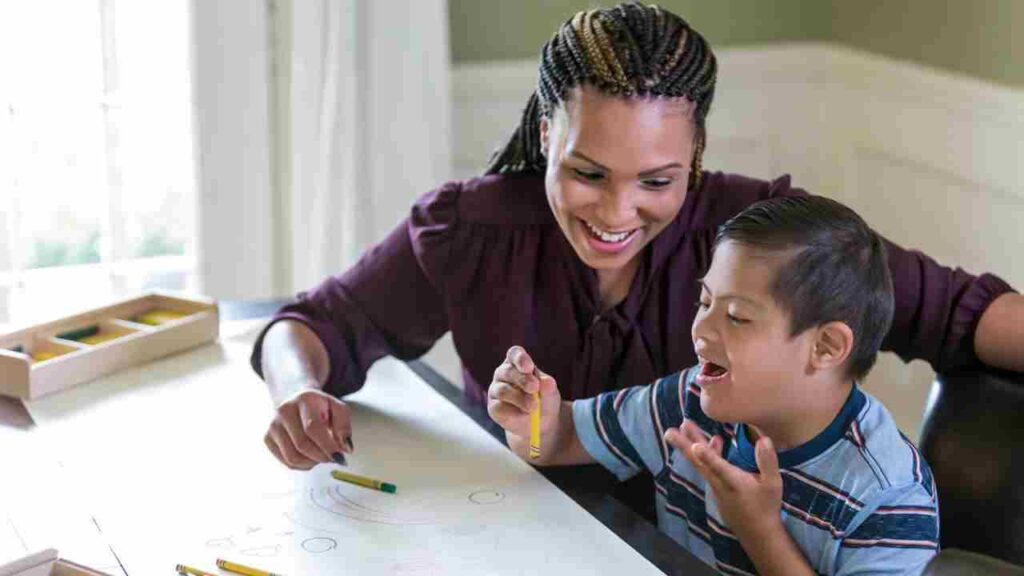When it comes to education, every child deserves an equal opportunity to succeed. However, children with learning disabilities often face unique challenges that can hinder their academic progress. This is where academic accommodations play a crucial role.
Academic accommodations are modifications and support services provided to students with learning disabilities to help them access and succeed in their education. In this article, we will explore the importance of academic accommodations for children with learning disabilities and how they can make a significant difference in their educational journey.
What are Learning Disabilities
Before we delve into the significance of academic accommodations, it’s essential to understand what learning disabilities are. Learning disabilities are neurological disorders that affect the brain’s ability to process information effectively.
These disabilities can manifest in various forms, such as difficulties in reading, writing, mathematics, attention, or organization skills. Learning disabilities are not related to a lack of intelligence but rather impact the way individuals receive, process, and communicate information.
Read also: Supporting Student Growth In Special Needs Classes
The Need for Academic Accommodations
Children with learning disabilities often require specialized support to overcome the challenges they face in the educational setting. Academic accommodations provide these students with the necessary tools and resources to level the playing field and achieve academic success.
Here are some reasons why academic accommodations are crucial for children with learning disabilities:
1. Individualized Approach
Each child with a learning disability has unique needs and learning styles. Academic accommodations recognize this diversity and offer personalized solutions tailored to the individual’s requirements. By providing a customized approach, these accommodations enable children to learn in a way that suits their strengths and addresses their weaknesses.
2. Equal Access to Education
Academic accommodations ensure that children with learning disabilities have equal access to educational opportunities. By removing barriers and providing necessary supports, accommodations empower these students to participate fully in classroom activities, engage with the curriculum, and demonstrate their knowledge and abilities.
3. Improved Learning Outcomes
When children with learning disabilities receive appropriate academic accommodations, their learning outcomes improve significantly. These accommodations can include extended time for exams, preferential seating, assistive technology, modified assignments, or specialized instruction. By accommodating their specific needs, children can better focus, comprehend, and retain information, leading to enhanced academic performance.
4. Boosting Self-Confidence and Motivation
Learning disabilities can impact a child’s self-esteem and motivation. Academic accommodations offer a supportive environment that fosters confidence and self-belief. When students see their needs being acknowledged and addressed, they are more likely to feel empowered, motivated, and enthusiastic about their education.
5. Preparation for Future Success
By providing academic accommodations, we equip children with the necessary skills and strategies to navigate the challenges they will face beyond the classroom. These accommodations not only facilitate academic growth but also foster the development of self-advocacy, problem-solving, and resilience – skills that are essential for lifelong success.
Read also: Advocating For Special Needs: A Journey To Change
Common Types of Academic Accommodations
Academic accommodations can vary depending on the specific needs of the child. Here are some common types of accommodations that are frequently employed for children with learning disabilities:
- Extended Time on Assessments: Providing extra time for tests and exams allows students with learning disabilities to process information at their own pace and demonstrate their knowledge without feeling rushed or overwhelmed.
- Modified Assignments and Assessments: Modifying assignments and assessments ensures that the content is appropriate for the student’s skill level. This may involve reducing the amount of work, providing visual aids, or using alternative assessment methods.
- Assistive Technology: Assistive technology tools, such as text-to-speech software, speech recognition software, or graphic organizers, can significantly enhance the learning experience for children with learning disabilities.
- Preferential Seating: Placing students with learning disabilities in locations that minimize distractions and maximize their ability to concentrate can greatly improve their focus and engagement in the classroom.
- Specialized Instruction: Individualized or small-group instruction allows educators to target specific areas of difficulty for children with learning disabilities. This tailored approach enables them to receive targeted support and strategies to overcome their challenges.
Read also: Implementing Special Needs Education: Essential Strategies
FAQs
1. Are academic accommodations only for children with diagnosed learning disabilities?
No, academic accommodations can also benefit children with other types of learning challenges or temporary difficulties. The focus is on providing necessary support to ensure equal educational opportunities.
2. How can I request academic accommodations for my child?
To request academic accommodations for your child, you should reach out to the school’s special education department or the designated individual responsible for accommodations. They will guide you through the process and help determine the appropriate accommodations for your child.
3. Can academic accommodations be adjusted over time?
Yes, academic accommodations can be adjusted as the child’s needs evolve. Regular communication between parents, educators, and relevant specialists is crucial to ensure that accommodations remain effective and address the child’s changing requirements.
4. Are academic accommodations available in higher education settings?
Yes, academic accommodations are available in higher education settings as well. Colleges and universities often have disability support services that work with students to provide necessary accommodations based on their individual needs.
5. Can academic accommodations be used as a substitute for proper intervention and support?
No, academic accommodations should complement proper intervention and support. Accommodations address specific challenges but do not replace the need for targeted interventions, therapies, or specialized instruction that may be necessary to address the underlying learning difficulties.
Conclusion
Academic accommodations play a vital role in ensuring that children with learning disabilities receive the support they need to thrive academically. By embracing an individualized approach, providing equal access to education, and fostering improved learning outcomes, these accommodations empower children to reach their full potential. Through academic accommodations, we can create inclusive educational environments that celebrate the unique abilities and talents of every child.







